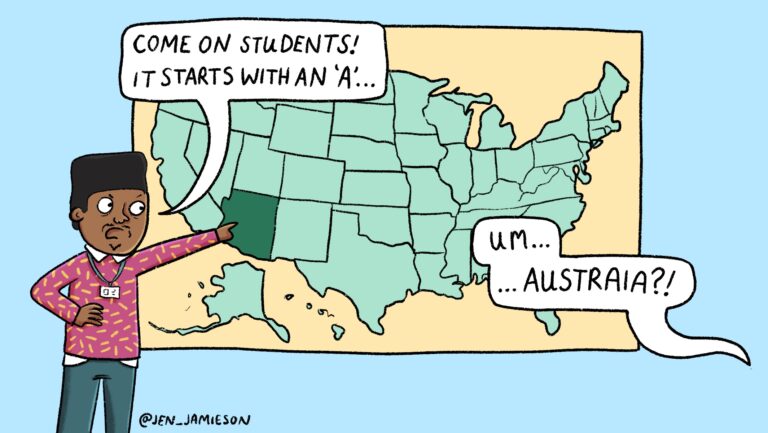Many of us assume that teacher retirement options are fairly similar across the board. But that’s not true. While most public school districts offer a singular state-benefits plan, charter schools have more freedom.
Traditional pension plans have faced many challenges.
If you work for a traditional public school, you may have access to a state pension plan for educators. And you may worry about the future of that pension plan—for good reason. At least nine states have passed laws that increased the vesting period for new teachers from five years to 10 years, and many states have increased the employee contribution rate since the financial crisis in 2008. Teachers often rely heavily on their pensions as part of their retirement income. It can be exhausting wondering if paycheck contribution rates will increase.
Charter schools are opting out.
According to a recent study, many charters have chosen not to participate in state pension plans. In the five states that were studied, 46 percent of all charter schools opted out. The primary reasons for opting out include:
- Costs are significantly lower.
- More investment options means that charter schools are able to retain and recruit top talent.
- Funds are more portable when a pension plan isn’t tied to a specific state, which makes it easier for teachers to relocate to new charter locations across state lines.
- There’s more control over teacher compensation when charter schools control the pension plan, employee contribution rates, etc.
Opting out of the state pension plan saves charter schools $1 million on average. The $1 million they save is usually used for additional benefits that other schools can’t offer, like higher salaries, flexible-spending accounts, or childcare assistance. These funds can also be used for unique after-school programs and better supplies in the classroom.
Of course, just because charters save money on retirement doesn’t always mean they invest it back into teachers and students.
Indeed, there are drawbacks to charter schools.
Research has shown that charter schools typically offer lower-than-average pay to their teachers, experience high turnover, and do not offer union benefits.
Understanding the benefits being offered to you by a charter school is critical to knowing whether or not the position will be a good financial fit for you and your family. If you’re already employed at a charter school with a non-state plan pension or other retirement benefits, don’t be afraid to ask a professional or reach out to your HR department to learn more about your benefits. If you’re considering working with a charter, ask for as much information as possible about your options.
We’d love to know—do you teach in a charter school? What has been your experience with retirement options? Come and share in our WeAreTeachers HELPLINE group on Facebook.
Plus, check out everything you need to know about saving for retirement.

